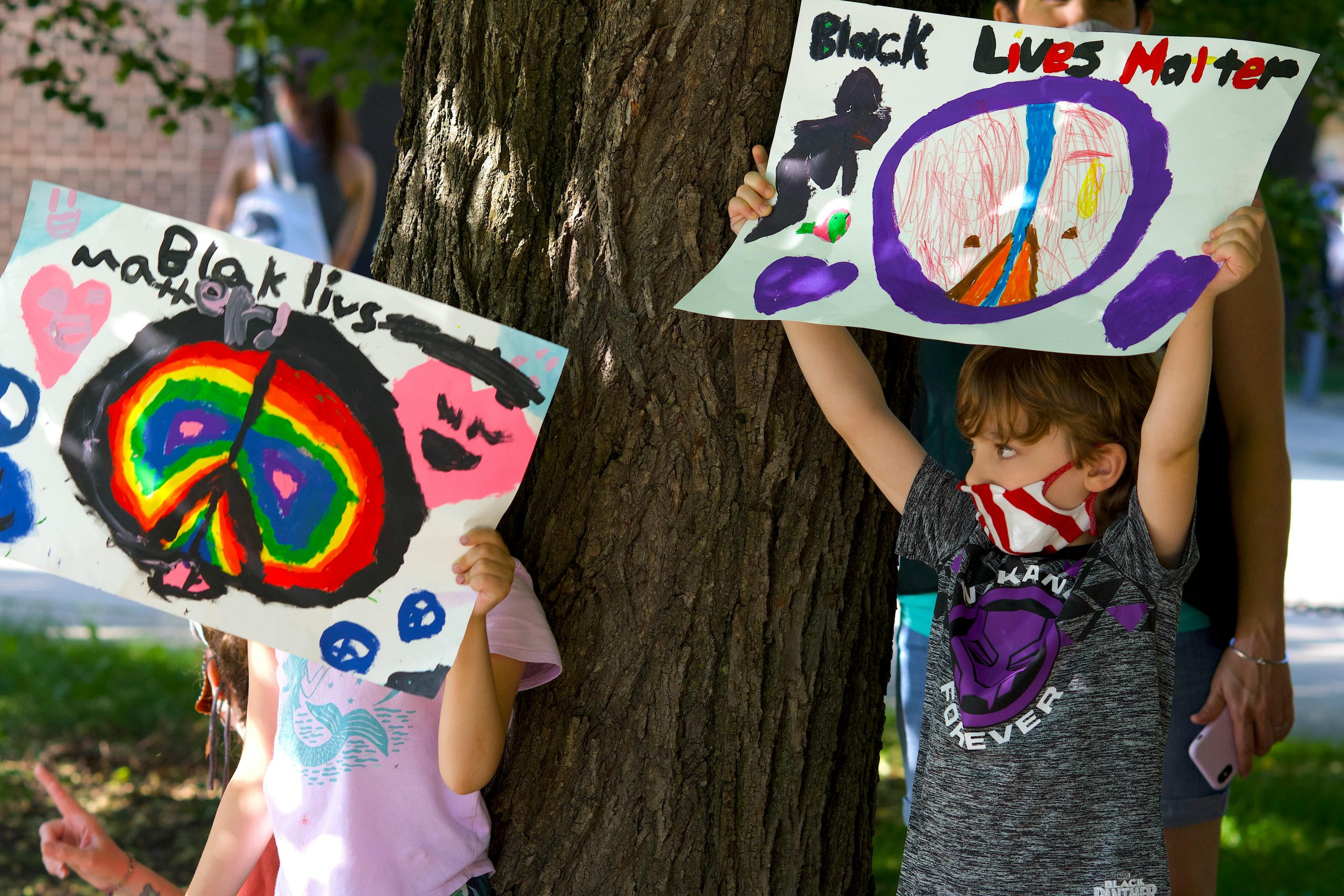Every child is unique, but some display exceptional abilities that set them apart from their peers. Recognizing the signs of giftedness early can help parents and educators provide the right support to nurture their potential. Gifted children often exhibit advanced cognitive skills, intense curiosity, and a deep passion for learning. However, their needs can sometimes be overlooked if not properly identified. This article explores the key signs that your child may be gifted and offers practical strategies to help them thrive.
Early Signs of Giftedness in Children
Gifted children often show remarkable abilities from a young age. While every child develops at their own pace, certain traits may indicate advanced intellectual or creative potential. Here are some common signs:
- Advanced Language Skills: They may speak early, use complex vocabulary, or form full sentences sooner than expected.
- Rapid Learning: They grasp new concepts quickly and retain information with ease.
- Intense Curiosity: They ask deep, probing questions and show a strong desire to understand how things work.
- Exceptional Memory: They recall details, events, or facts with surprising accuracy.
- Creative Thinking: They come up with innovative solutions or enjoy imaginative play beyond their age.
While these traits can be indicators, it’s important to remember that giftedness is multifaceted. Some children may excel in one area while developing typically in others.
Social and Emotional Traits of Gifted Children
Gifted children often experience the world differently, which can influence their social and emotional development. Understanding these traits can help parents provide the right support:
- Heightened Sensitivity: They may be deeply affected by emotions, sounds, or injustices, sometimes leading to overwhelm.
- Asynchronous Development: Their intellectual abilities may outpace their emotional maturity, creating challenges in social interactions.
- Strong Sense of Justice: They may question rules or become frustrated with perceived unfairness.
- Preference for Older Peers: They might seek out older children or adults for conversation due to shared intellectual interests.
These traits can sometimes lead to misunderstandings, so fostering emotional intelligence and social skills is crucial for their well-being.
How to Support Your Gifted Child
Nurturing a gifted child involves more than just academic challenges. Here are key ways to support their holistic development:
1. Provide Intellectual Stimulation
Gifted children thrive when their curiosity is encouraged. Offer books, puzzles, and activities that align with their interests. Enroll them in advanced programs or extracurriculars that challenge their minds.
2. Foster Emotional Well-Being
Help them navigate their intense emotions by teaching coping strategies. Validate their feelings and provide a safe space for expression. Consider counseling if they struggle with anxiety or perfectionism.
3. Encourage Social Connections
Facilitate opportunities for them to connect with like-minded peers. Gifted programs or clubs can help them build friendships with children who share their passions.
4. Advocate for Their Educational Needs
Work with teachers to ensure they receive appropriate challenges in school. Options like grade skipping, enrichment programs, or individualized learning plans can prevent boredom and disengagement.
5. Balance Challenge and Downtime
While intellectual stimulation is important, avoid overscheduling. Gifted children also need time for unstructured play and relaxation to recharge.
Common Challenges and How to Address Them
Gifted children may face unique challenges that require thoughtful parenting and support:
- Perfectionism: They may fear failure or avoid tasks where they don’t excel immediately. Encourage a growth mindset by praising effort over results.
- Boredom in School: If classroom work feels too easy, they may become disengaged. Advocate for differentiated instruction or supplemental projects.
- Social Isolation: Their advanced interests may make it hard to relate to peers. Help them find communities where they feel understood.
- Overexcitabilities: Their heightened sensitivities can lead to emotional outbursts. Teach calming techniques and provide a supportive environment.
By addressing these challenges early, you can help your child build resilience and confidence.
Conclusion
Recognizing and nurturing a gifted child’s potential requires patience, understanding, and proactive support. By identifying their unique strengths and challenges, you can create an environment where they flourish intellectually, emotionally, and socially. Whether through enriched learning opportunities, emotional guidance, or advocacy in school, your efforts will help them reach their full potential. Remember, giftedness is a journey—celebrate their achievements while supporting their growth every step of the way.
